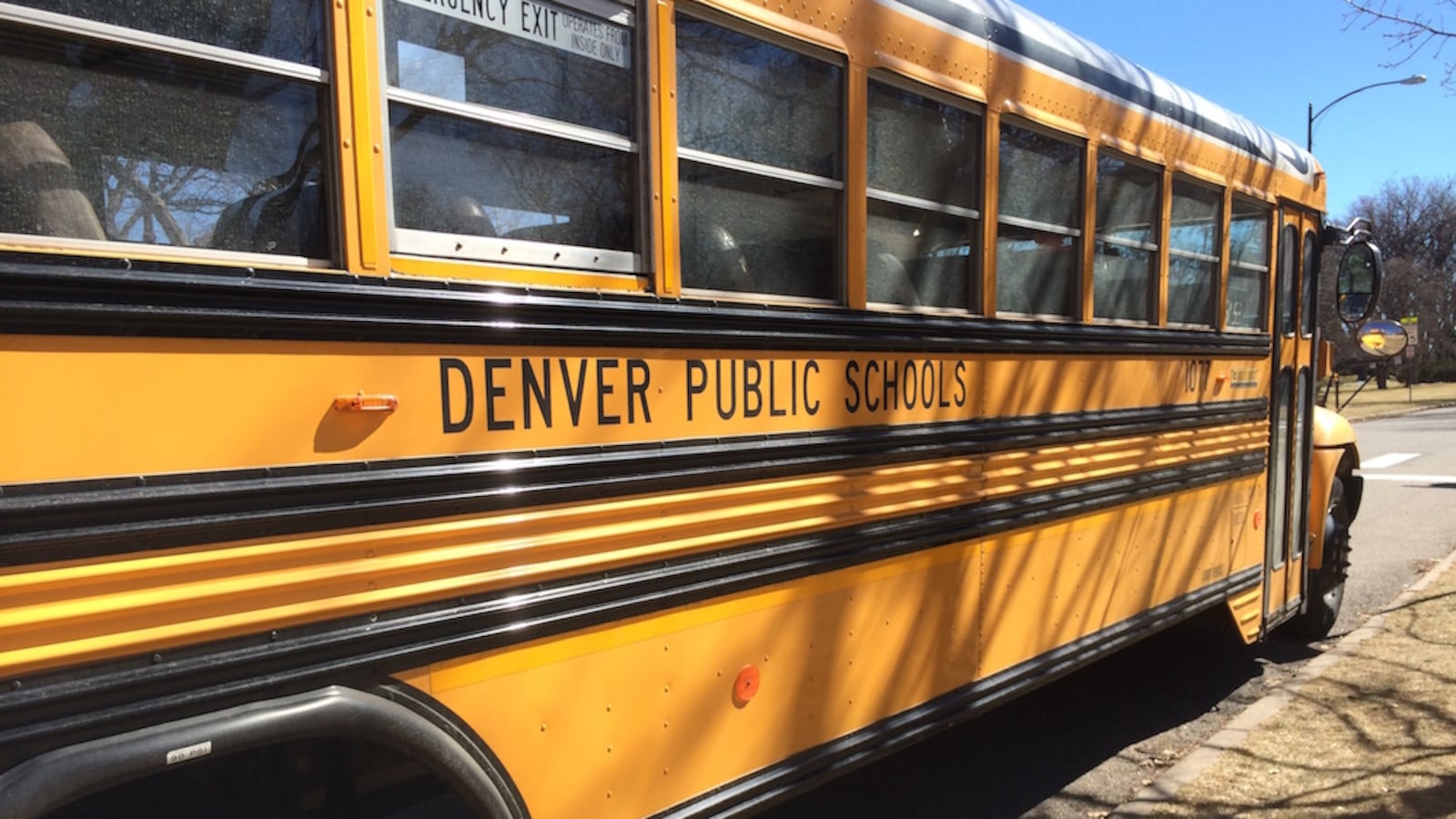A 140-character tweet can be worth a thousand words when it comes to learning about candidates in a school board race.
And so far this campaign season, there are two competing narratives across social media sites like Twitter and Facebook.
As the race for seats on the Denver Public Schools Board of Education begins, the candidates’ activity on social media — or lack thereof — can provide voters an insight into each candidate’s campaign and a preview of the debates in the coming months.
Southeast Denver incumbent Anne Rowe and northwest candidate Lisa Flores are using social media sparingly and keeping positive. Both Rowe and Flores have said they believe DPS is on the right track with a number of educational reform policies that include more school choices for families, an emphasis on teacher evaluations, and using results from standardized assessments to make decisions about how schools operate.
Meanwhile, southeast candidate Kristi Butkovich and northwest candidate Michael Kiley actively use social media and are often critical of those same DPS policies. They also believe that DPS officials often operate in a vacuum and shut out public input when making decisions.
There should be a thoughtful strategy behind how a candidate uses social media, said independent political analyst Eric Sondermann.
Meet the candidates
Read previous interviews with DPS board incumbents and candidates here:
Kristi Butkovich
Anne Rowe
Michael Kiley
Lisa FloresWhen it comes to candidates like Butkovich and Kiley, the abundance of opinionated posts is a way to connect with like-minded people, Sondermann said.
“There’s an element of social media which often becomes a ‘bitch session,’ for lack of a more artful phrase,” Sondermann said. “For some who are less than enamored with the current direction of DPS…they turn to social media to find like-minded people.”
And on the other end, candidates such as Rowe and Flores who are less vocal on social media do so to “avoid getting dragged down into the muck,” Sondermann said.
Sondermann added some candidates with less experience may also be using social media for no other reasons than it’s the thing to do.
“Any campaign has to have a social media presence. To not have a social media presence is not an option,” Sondermann said. “I think candidates, particularly in these district races where it’s much more personal, much smaller geography, social media becomes all the more important.”
Candidate Flores has a Facebook page and Twitter for her campaign. Her personal Twitter has been inactive since 2011, with the exception of two tweets about her candidacy.
She said she was less active on social media prior to July due to a busy schedule but is now using Facebook more frequently, which is evident in a slight increase in posts during the past two weeks. She frequently uses her page to spotlight nonprofit organizations and share photos from the campaign trail.
“I’m a nonprofit girl at heart,” she said. “That’s where I spent my 20s and 30s…for me, there was a real value alignment in choosing to highlight a nonprofit of the week that has a strong presence in supporting DPS students.”
Flores said that is a deliberate decision not to use her social media pages to discuss hot topics such as charter schools or enrollment zones.
“I have a different message and a different style of leadership and a different path that I’m running,” Flores said. “I think every candidate needs to run the race that’s in line with their own values and their own sense of integrity and that’s what I’m working to do.”
In stark contrast, Flores’ opponent Kiley uses social media avidly and is much more vocal on education’s most controversial topics on both his personal and campaign Facebook pages.
But Kiley said he doesn’t feel his posts are bold.
“People don’t tell me ‘this is a bold stand you’re taking,’” Kiley said. “They just want to know more about the issues [I post].”
But his posts draw an audience, Kiley acknowledged.
“I have a pretty steady upwards trend in people liking [the campaign’s Facebook page] and I suspect its because they like what I post,” Kiley said. “We don’t have a relentless campaign to get people to like us, we don’t do contests or anything like that. It’s organic and I can only assume it’s because people like the information I’m sharing.”
So far, Flores and Kiley are the only candidates running for the open board seat in northwest Denver. Butkovich is running against incumbent Rowe for the southeast Denver seat. The southeast candidates were unable to be reached for comments on their social media usage.
Here’s a snapshot of the candidates on social media.

